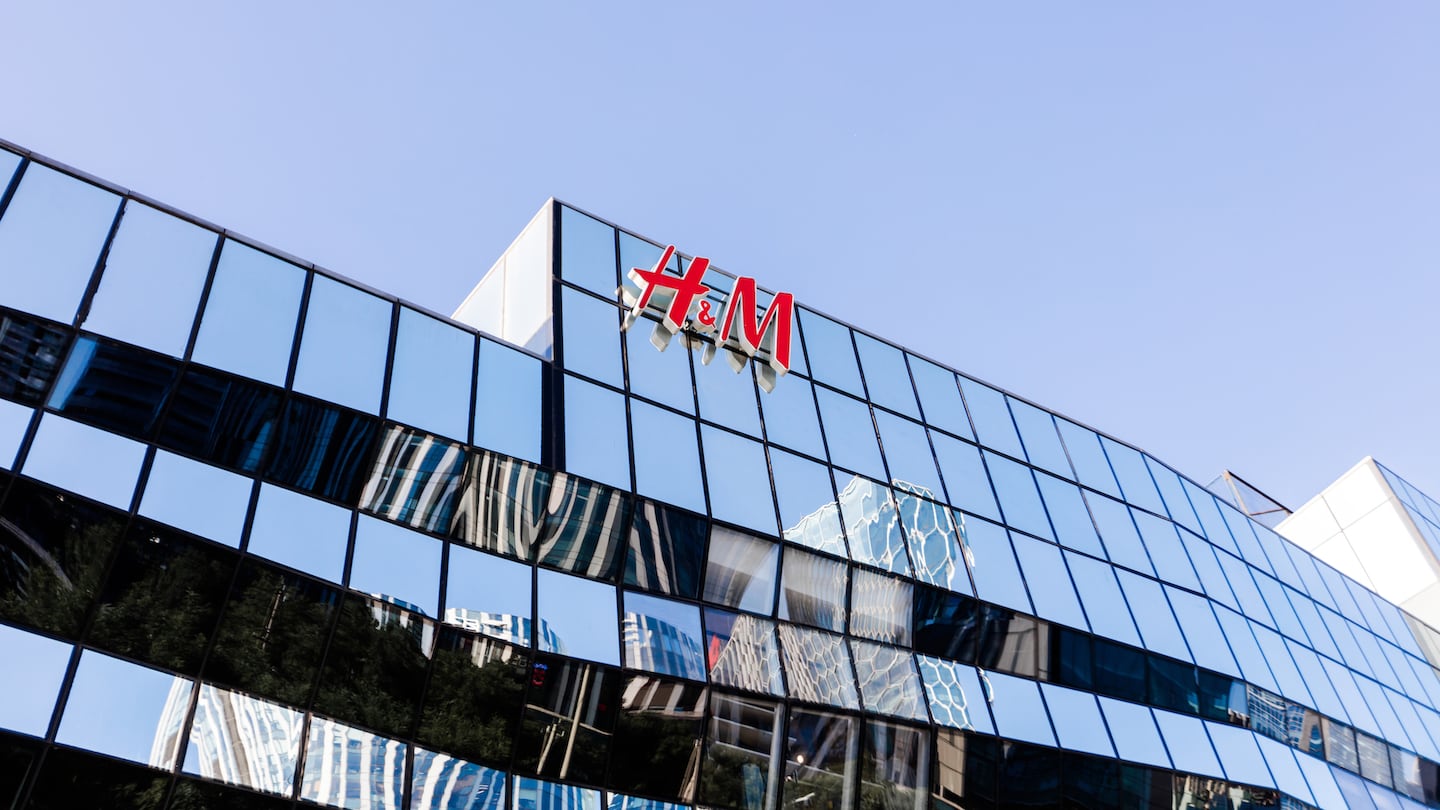
The Business of Fashion
Agenda-setting intelligence, analysis and advice for the global fashion community.

Agenda-setting intelligence, analysis and advice for the global fashion community.

Hennes & Mauritz AB stores in some parts of China are being closed by their landlords, threatening to disrupt the clothing giant’s growth in its fourth-biggest market as Beijing’s growing sensitivity toward criticism of the human-rights situation in Xinjiang ensnares western companies.
At least six stores in the lower-tier cities of Urumqi, Yinchuan, Changchun and Lianyungang have been shut down by the owners of the properties, according to mall operators in those areas who were contacted by Bloomberg. Local media have reported more closures, with pictures showing H&M’s brand billboards being removed.
The closures are the latest escalation in the backlash against an undated H&M statement on its website that expressed concern about reports of forced labor in the far west Xinjiang region, a major producer of cotton used in the global apparel supply chain.
Xi’s Red Line on China Human Rights Makes Companies Pick Sides
ADVERTISEMENT
Some of the mall operators said the decision to shutter was made by the landlords because of disrespect shown by H&M toward China. It’s unclear how long the closures will last for.
China’s response to H&M is markedly stronger than its previous pushback when foreign brands crossed political lines and the Swedish retailer is at risk of becoming a corporate casualty of Bejing’s heightened sensitivity toward criticism from Western governments and entities. China accounted for 5.2 percent of H&M’s total sales in 2020, the fourth-biggest country market after Germany, the US, and the UK.
Other Western brands like Nike Inc. and Adidas AG have also drawn consumer ire for their pledges not to use Xinjiang cotton, but H&M appears to have suffered the brunt of the fallout after the statement was called out by the Communist Youth League and the People’s Liberation Army. Its outlets have also vanished on Apple Maps and Baidu Maps searches, making it hard for Chinese consumers to locate stores, and it’s been removed from Chinese e-commerce platforms.
A representative at H&M China didn’t immediately respond to requests sent by Bloomberg, while a spokesperson in Europe said the retailer has no comment to make currently. The company has 505 stores in China as of Nov. 30.
China-West Tensions
The corporate reprisal comes as the US, the UK and others highlight human rights abuses of Muslim-minority Uyghurs in Xinjiang, and tensions between China and the West simmer. US Secretary of State Antony Blinken, National Security Advisor Jake Sullivan and their Chinese counterparts traded criticism on human rights and national security issues during a two-day face-to-face meeting earlier this month in Alaska.
While the H&M statement appeared to have been removed from the website of the Swedish multinational as of Friday, a separate link on its homepage expressing the same stance on Xinjiang cotton was still active.
H&M had said in the statement that it’s “deeply concerned by reports from civil society organisations and media that include accusations of forced labor and discrimination of ethnoreligious minorities.”
ADVERTISEMENT
Global brands are facing a dilemma over whether to embrace cotton from the Xinjiang region or risk being boycotted in the world’s second-biggest economy. German brand Hugo Boss AG’s actions reflect the growing pressure on both sides of the issue: it initially appeared to appease Chinese concerns, posting on its Weibo account last week that it would “continue to purchase and support Xinjiang cotton.” That comment was unauthorised and has now been deleted, a spokeswoman from Hugo Boss said in an emailed statement to Bloomberg.
In a separate statement currently posted to its website, Hugo Boss said the company does not tolerate forced labor and insists that its global suppliers follow suit. The company “has not procured any goods originating in the Xinjiang region from direct suppliers,” the company said in the statement.
The U.S. on Friday accused China of a state-run “corporate and consumer boycott” against companies that refuse to use cotton from Xinjiang. China has targeted American, European and Japanese businesses that are avoiding Xinjiang cotton, State Department deputy spokeswoman Jalina Porter told reporters on Friday.
Companies operating in China should avoid getting involved in politics like H&M did, Xu Guixiang, a publicity official in the Xinjiang region’s government, said in a press briefing Monday in Beijing.
“What’s the result? Can you hold up in the Chinese market? Can you still make money from the Chinese people? Not a single penny,” he said.
By Bloomberg News.
This week’s round-up of global markets fashion business news also features Latin American mall giants, Nigerian craft entrepreneurs and the mixed picture of China’s luxury market.
Resourceful leaders are turning to creative contingency plans in the face of a national energy crisis, crumbling infrastructure, economic stagnation and social unrest.
This week’s round-up of global markets fashion business news also features the China Duty Free Group, Uniqlo’s Japanese owner and a pan-African e-commerce platform in Côte d’Ivoire.
Affluent members of the Indian diaspora are underserved by fashion retailers, but dedicated e-commerce sites are not a silver bullet for Indian designers aiming to reach them.